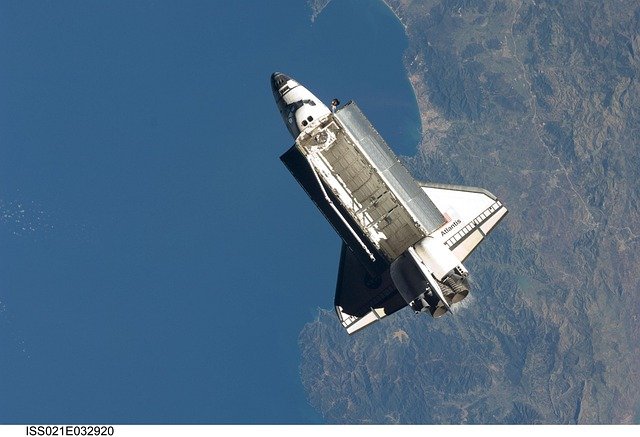
The researchers stored astronaut blood for 20 years to see how short space shuttle flights affected spaceflyer health.
Astronaut cancer risk needs careful monitoring, concludes a study that stored spaceflyer blood for 20 years.
All fourteen astronauts in the study, from NASA's space shuttle program, had DNA mutations in blood-forming stem cells, a Nature Communications Biology study(opens in new tab) Aug. 31 concluded. The mutations, though unusually high considering the astronauts' age, was below a key threshold of concern, however.
While the study is unique for keeping astronaut blood around for so long, the results are not show-stopping. Rather, the researchers suggest that astronauts should be subject to periodic blood screening to keep an eye on possible mutations. (And it should be considered in context; another 2019 study, for example, found that astronauts are not dying from cancer due to ionizing space radiation.)
Read more...







